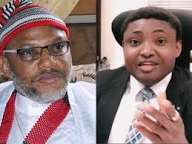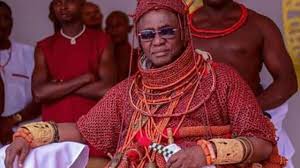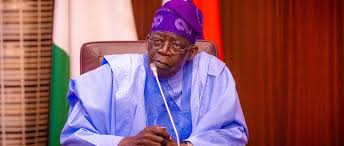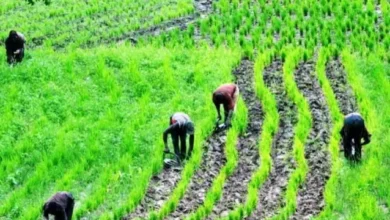My encounter with Nnamdi Kanu, Ekpa

By Mazi Nwonwu
As a journalist from Nigeria’s southeast who has had the opportunity to cover the region, I’ve interviewed Nnamdi Kanu and many of the men who started the separatist group, the Indigenous People of Biafra (Ipob) with him.
I’ve interviewed Iroanya, Mefor and Obienu. I’ve even interviewed Ekpa and have spoken on phone with the monika they call Emma Powerful.
In all, I can tell you for free that it’s been a weary decade plus for me, from the first time I chanced upon a Radio Biafra broadcast while driving from Onitsha to Issele Uku. I’ve in the past described the chill I felt in my bones that day. Then, I was ‘ill-opportuned’ — for want of a better word — to have to research separatist activities as a part of my work. All I can say is that I needed therapy afterwards.
Listening to Justice Omotosho today reopened a bit of that traumatic experience. For many people, today is probably the first time they heard some of Kanu’s pronouncements. For me, it used to be something I steel myself to listen to live, every week.
Then, I had to report on what was happening on the ground during the week.
Iroanya, Mefor and Obienu later fell out with Kanu, one after the other — all stressing that the call for violence decided them. They became outspoken critics and remain so.
Ekpa was sentenced to jail for offences relating to terrorism in Nigeria’s south-east. He was tried in Finland, where he lives and hold citizenship.
I also interviewed people who lost loved ones to separatist violence in Nigeria’s south-east. Miracle Nwobo’s mother’s cries when I interviewed her will remain with me. What about the struggled I faced with how to send a condolence mesage to Chike Akunyili’s daughter, a doctor that had collaborated with me to produce Igbo content during COVID. I had just watched her father, with half of his face blown off, pleading for his life in an urban street in Obosi/Uba — can’t recall where now.
A few months later I listened to a Facebook live where a separatist called in to confess to his killing and that of a politician.
Then there are the many people who I call to appear in programmes to speak about parents or siblings who had died.
My WhatsApp was a horror show at some point as people sent me videos from new carnages.
I remember describing some of the videos i was being sent to another journalist and how I cannot imagine people denying the fact of the matter. He had told me about the burden of knowledge that journalists, researchers and investigators carry. I had never thought about it that way.
We know things, we’ve seen things we cannot ever share in polite company.





